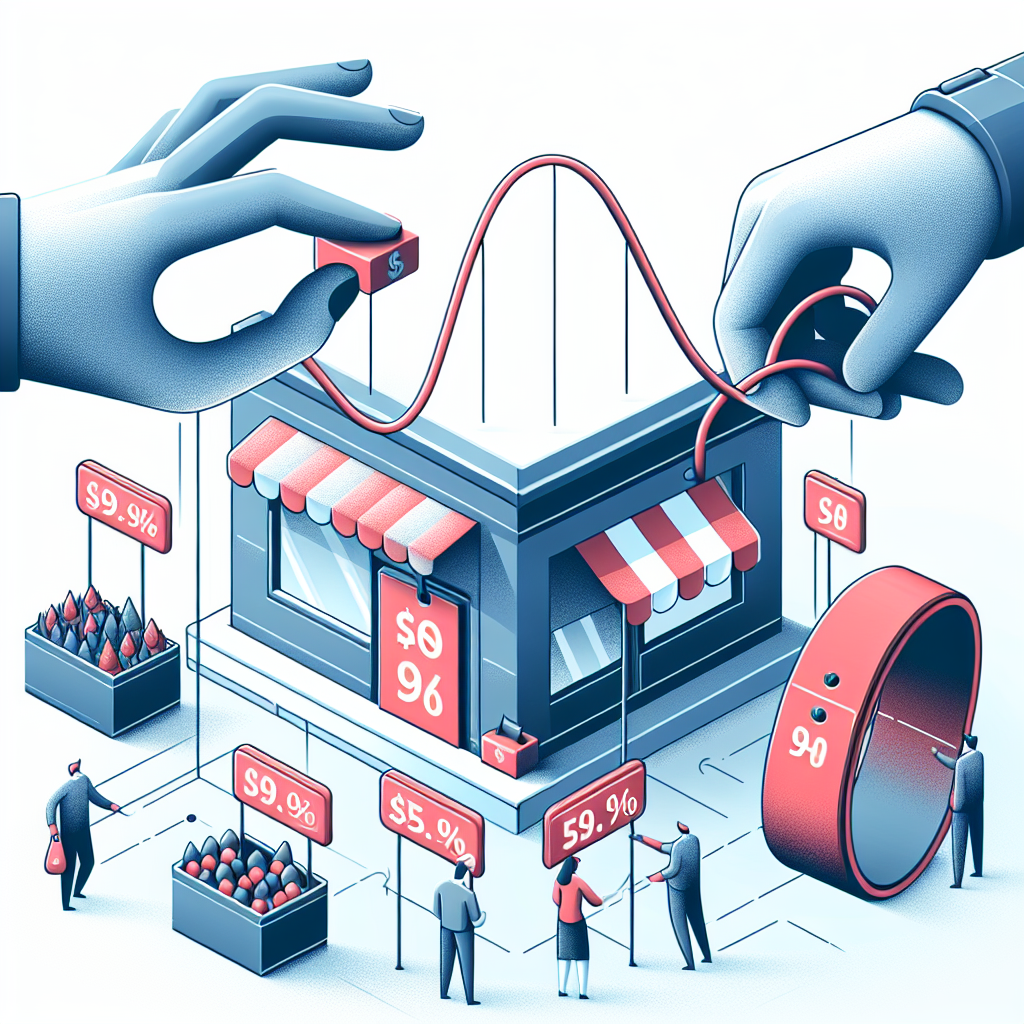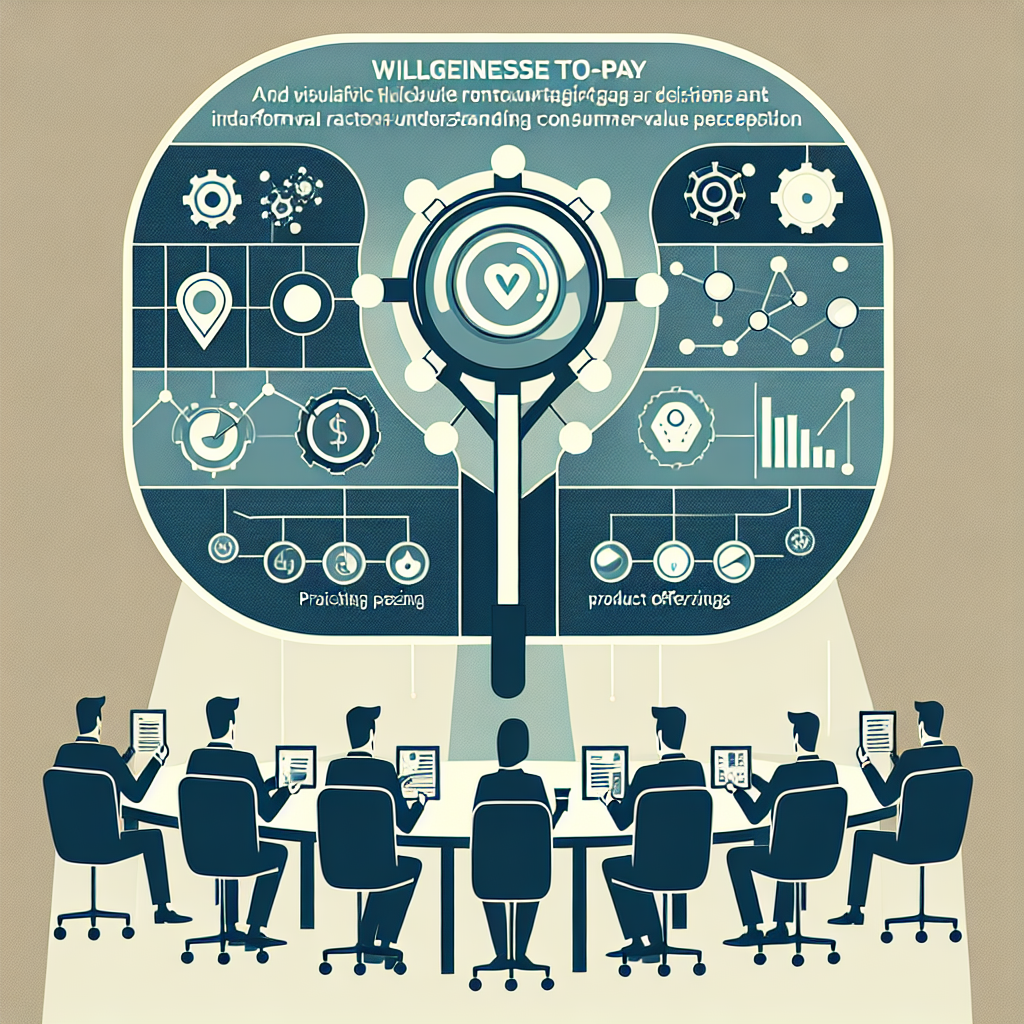The Future of SEO: Beyond Keywords and Search Engine Rankings
Search Engine Optimization (SEO) has evolved significantly over the years, transforming from a keyword-centric approach to a more holistic strategy that encompasses user experience, content quality, and technological advancements. As AI, e-commerce, and consumer behavior shifts continue to redefine the digital landscape, SEO strategies must adapt to remain effective. This article delves into the future of SEO, exploring trends beyond traditional keyword optimization and search engine rankings.

Introduction
In today's fast-paced digital environment, SEO plays a critical role in driving website visibility, traffic, and conversions. However, the future of SEO extends far beyond mere keyword optimization and search engine rankings. With the rise of AI, e-commerce, and changing consumer behaviors, businesses must integrate these advancements into their SEO strategies to remain competitive. By understanding and leveraging these trends, marketers can create more effective campaigns that resonate with their audience and drive long-term growth.
Foundational Concepts of Modern SEO
Modern SEO involves several key concepts:
User Experience and Engagement:
Search engines prioritize user signals like dwell time, scroll depth, and goal completion to assess content relevance and quality.
Content Quality and Relevance:
High-quality, informative content that aligns with user intent is crucial for SEO success.
AI Integration:
AI-driven search features and tools enhance SEO by providing personalized results and automating content optimization.
Trends in SEO Beyond Keywords
AI-Driven Search Features:
AI-powered search engines like SearchGPT focus on understanding user intent and context, requiring businesses to optimize content for relevance and engagement.
Visual and Voice Search:
The rise of visual and voice search necessitates optimizing content for these formats, using alt tags for images and structuring content for readability by AI assistants.
Local SEO and Mobile Optimization:
With increased mobile usage, local SEO and mobile-friendliness become essential for businesses targeting local audiences.
Evolution in the Digital Era
The digital era has transformed SEO by providing new channels for engagement and interaction. E-commerce platforms, social media, and AI-driven technologies enable businesses to refine their SEO strategies with greater precision.
Role of AI in SEO
AI enhances SEO by:
Predictive Analytics:
AI algorithms analyze user behavior and search trends to predict future SEO opportunities.
Content Optimization:
AI tools automate content creation and optimization, ensuring relevance and freshness.
Personalization:
AI-driven search results are tailored to individual user preferences, increasing relevance and engagement.
Consumer Behavior Shifts
Changes in consumer behavior, such as increased reliance on digital word-of-mouth and social media endorsements, require businesses to adapt their SEO strategies to align with evolving customer values.
Case Studies and Real-World Examples
Amazon’s AI-Driven SEO:
Amazon uses AI to optimize product listings and recommendations, enhancing user experience and driving sales.
Google’s AI Overviews:
Google’s AI-driven features provide users with concise, relevant information, influencing how businesses approach SEO for informational queries.
Walmart’s Local SEO Strategy:
Walmart optimizes its website for local search, ensuring that customers can easily find nearby stores and services.
Challenges and Considerations
Ethical Considerations:
The use of AI in SEO raises ethical concerns regarding data privacy and potential biases. Businesses must ensure transparency and compliance with data regulations.
Consumer Behavior Shifts:
Changes in consumer behavior require businesses to adapt their SEO strategies to align with evolving customer values and preferences.
Conclusion
The future of SEO is characterized by a shift beyond traditional keyword optimization, focusing on user experience, AI-driven search features, and content quality. As technology continues to evolve, AI and e-commerce will play increasingly important roles in refining SEO strategies. By leveraging these advancements, businesses can develop targeted marketing campaigns that resonate with their audience, drive engagement, and foster long-term loyalty. The future of SEO will be marked by increased emphasis on personalization, real-time responsiveness, and ethical data practices, ensuring that marketing efforts remain both effective and responsible.
Featured Blogs
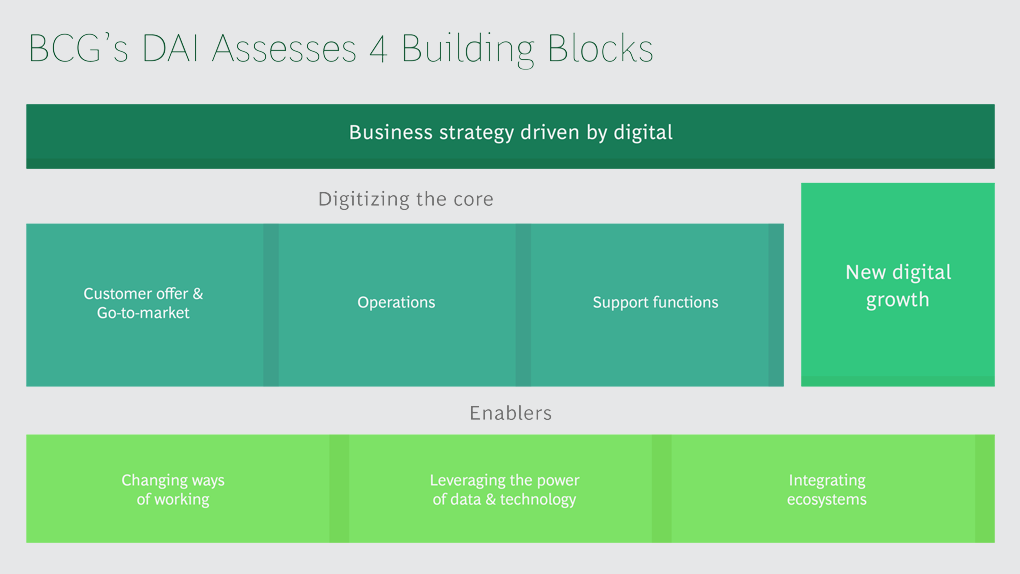
BCG Digital Acceleration Index
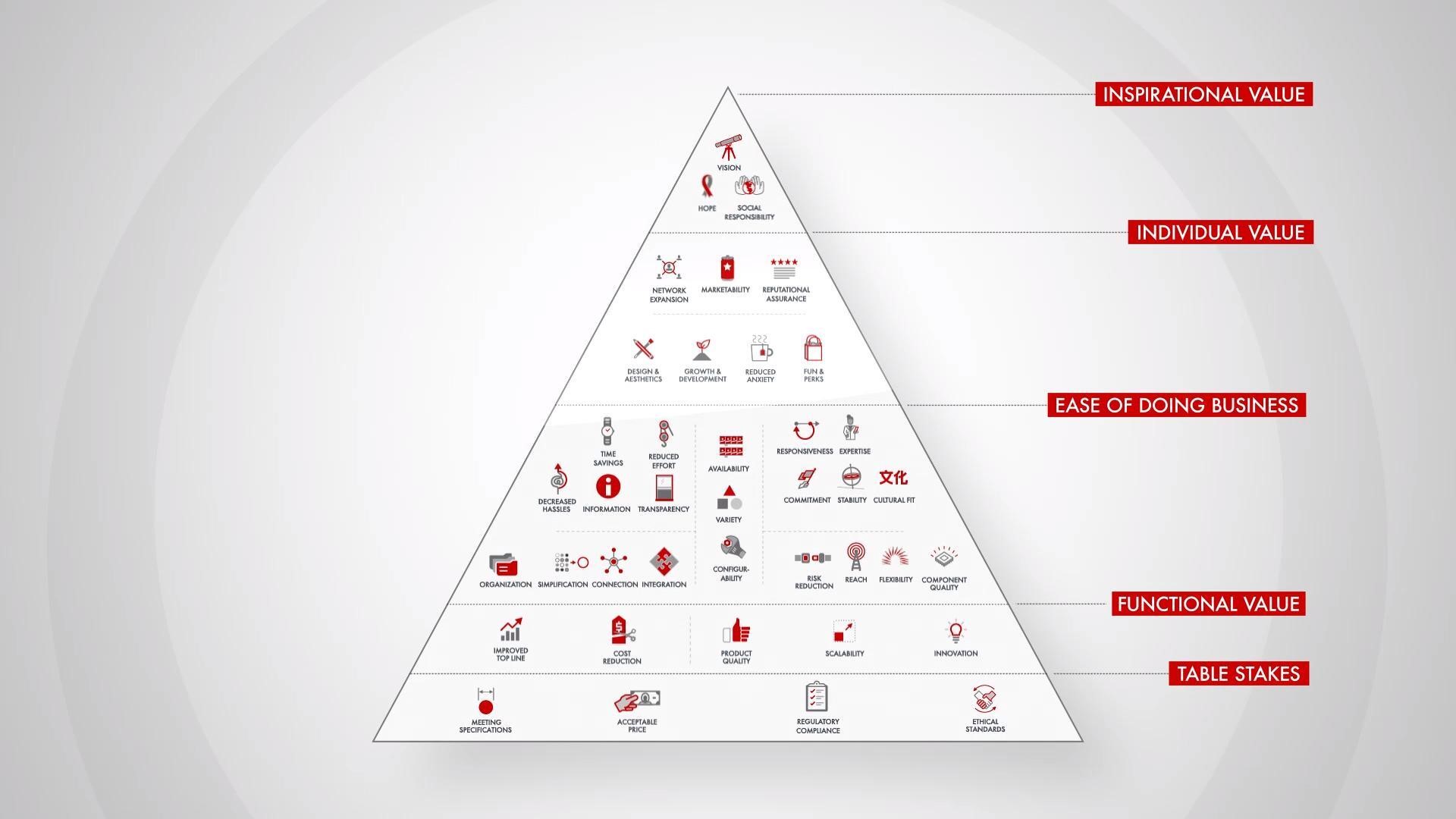
Bain’s Elements of Value Framework
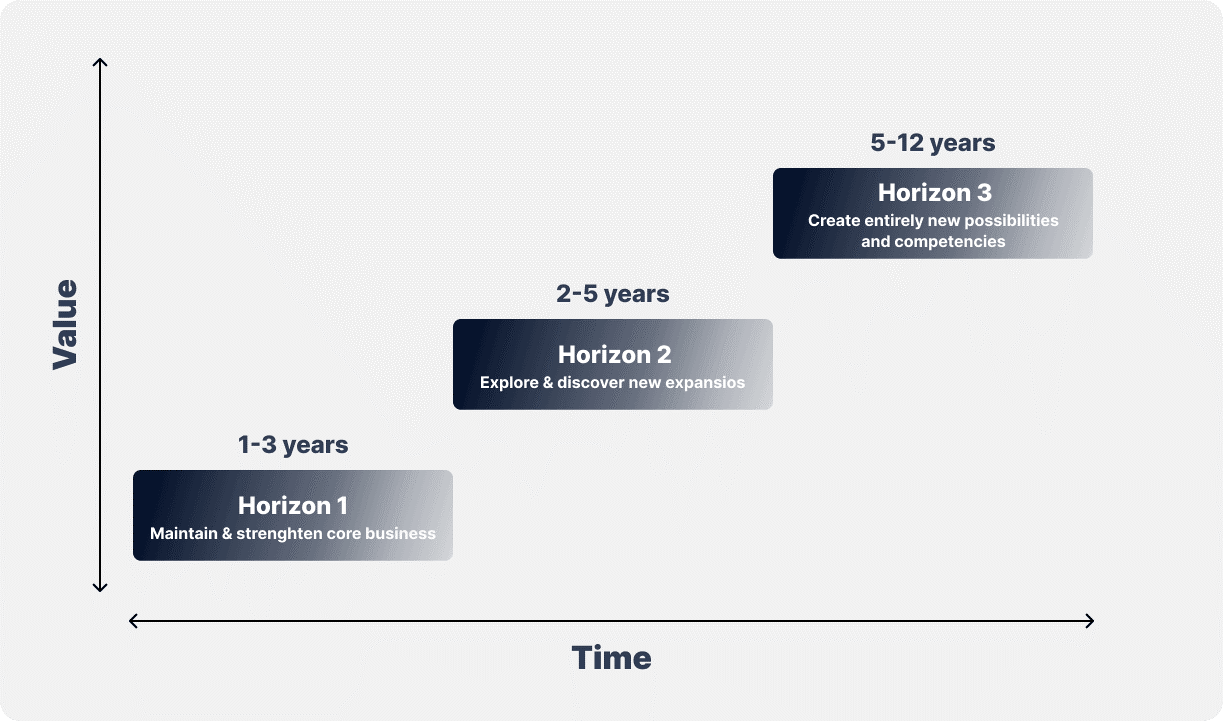
McKinsey Growth Pyramid
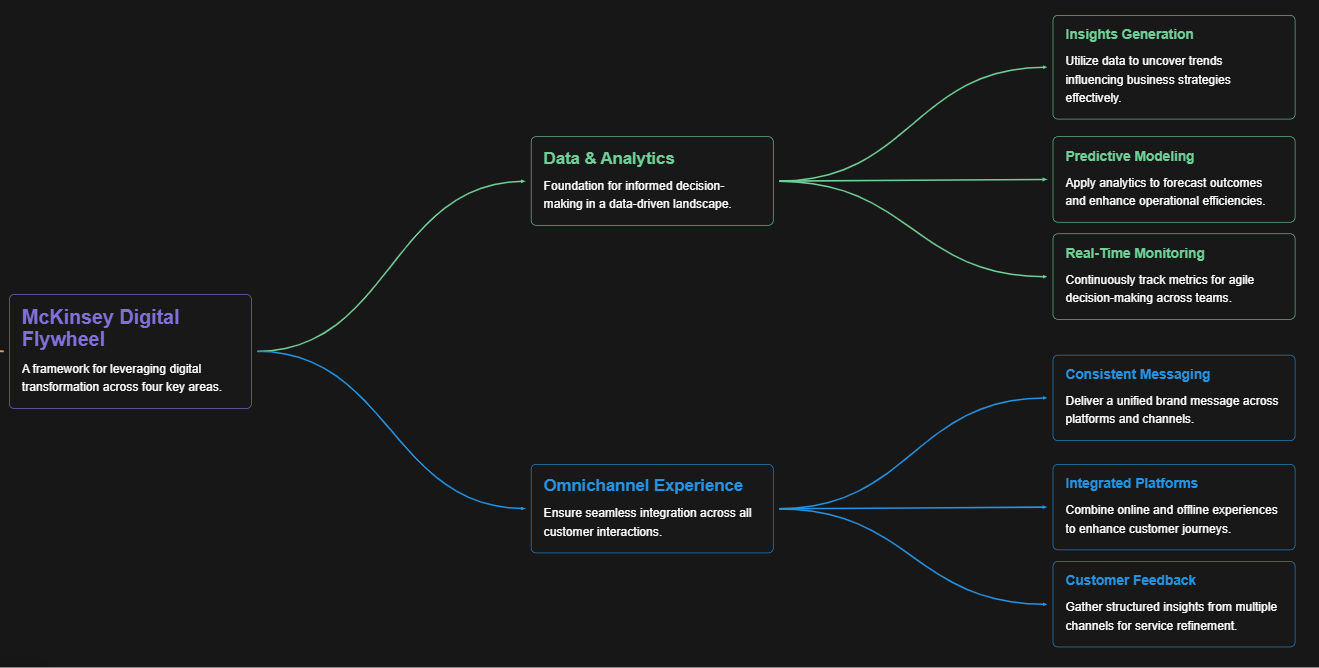
McKinsey Digital Flywheel
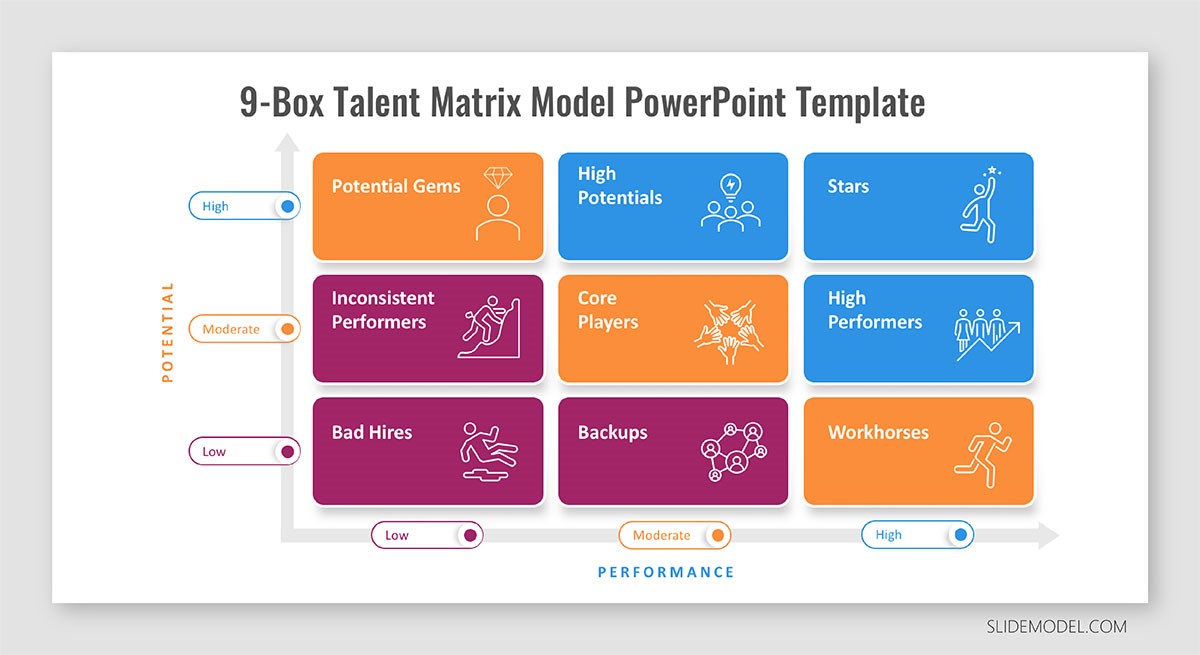
McKinsey 9-Box Talent Matrix
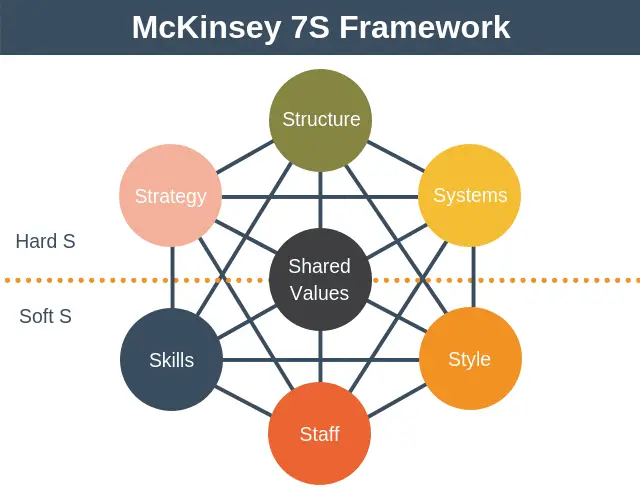
McKinsey 7S Framework
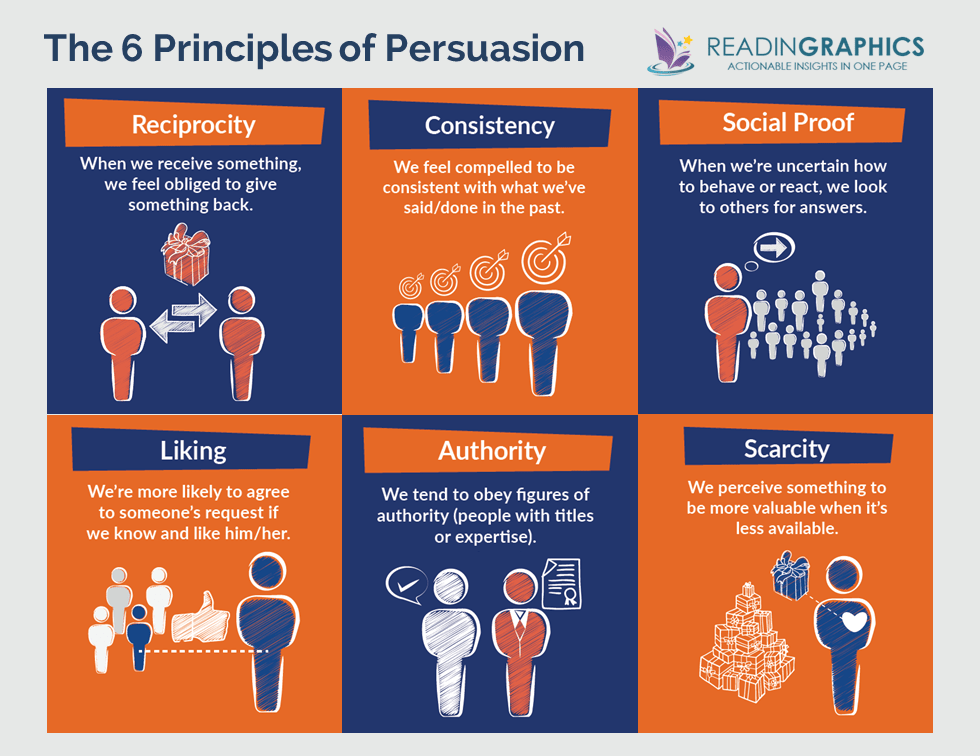
The Psychology of Persuasion in Marketing
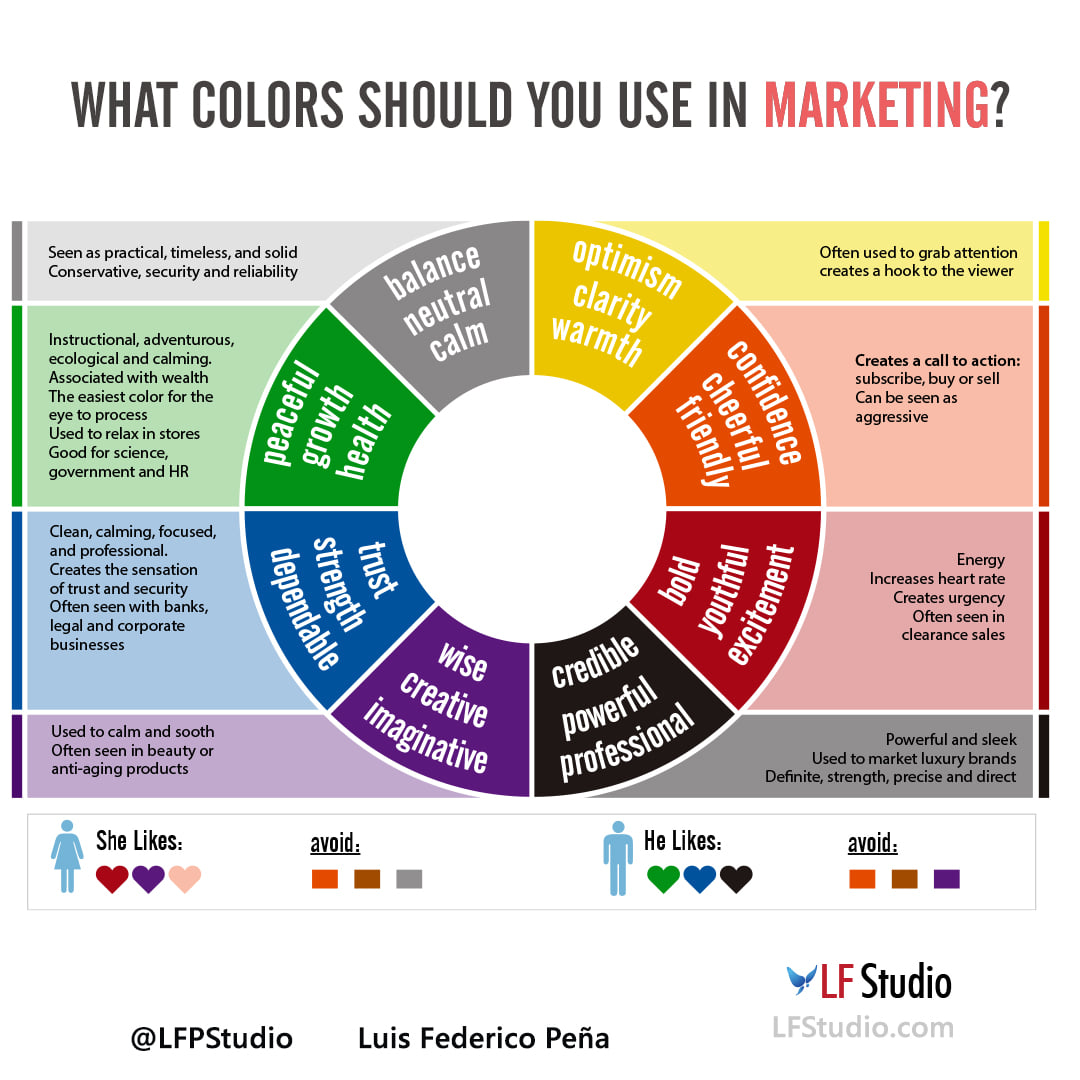
The Influence of Colors on Branding and Marketing Psychology



